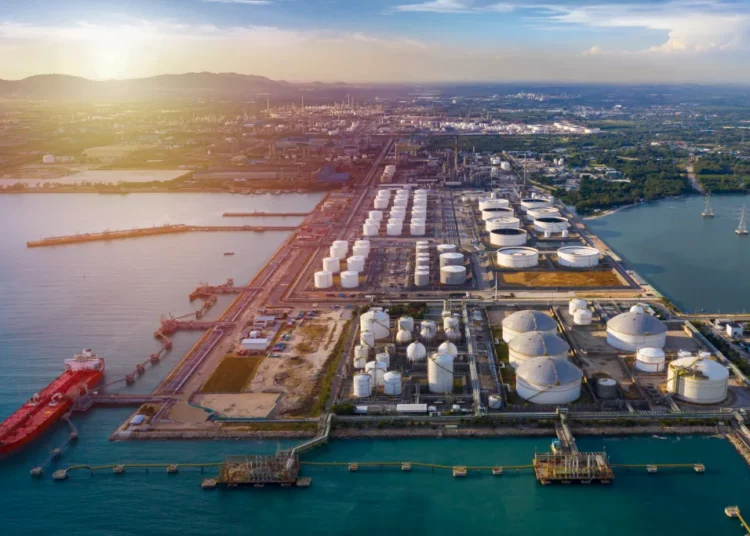Levent Kenez/Stockholm
Turkey has moved to reshape its energy policy with a series of long-term liquefied natural gas agreements, part of a broader effort to reduce its dependence on Russia and Iran while strengthening ties with Washington during the Trump administration.
The announcements came during Energy Minister Alparslan Bayraktar’s visit to New York this week for the 80th session of the United Nations General Assembly. They underline Ankara’s intent to diversify its energy sources after decades of heavy reliance on pipeline gas imports from Russia and Iran, a dependence that has left the country vulnerable to geopolitical shocks.
Turkey currently imports about 99 percent of its natural gas needs. According to data from the Turkish Energy Market Regulatory Authority, in 2023 Russia accounted for roughly 40 percent of Turkey’s natural gas imports, followed by Iran with about 17 percent. Azerbaijan supplied close to 16 percent, while the remainder came from liquefied natural gas shipments, mainly from the US, Qatar, Algeria and Nigeria.
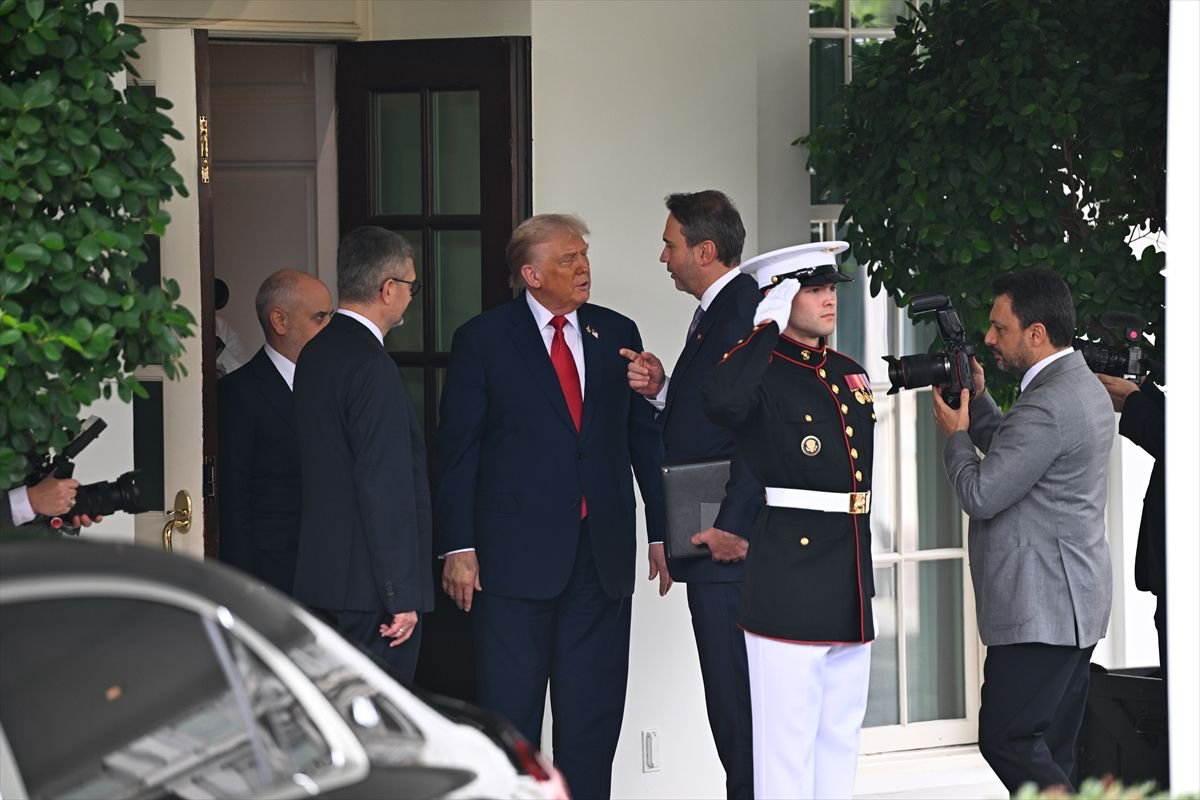
Despite being a NATO member, Turkey declined to join US and European sanctions on Russia after its invasion of Ukraine in 2022, citing its heavy energy dependence and the importance of Russian tourism for its economy. Turkish officials argued that cutting ties would harm domestic stability. Ankara instead positioned itself as a mediator between Moscow and Kyiv, while continuing to import Russian gas and oil. The new LNG deals indicate that Ankara is seeking to quietly reduce this dependence without provoking Moscow.
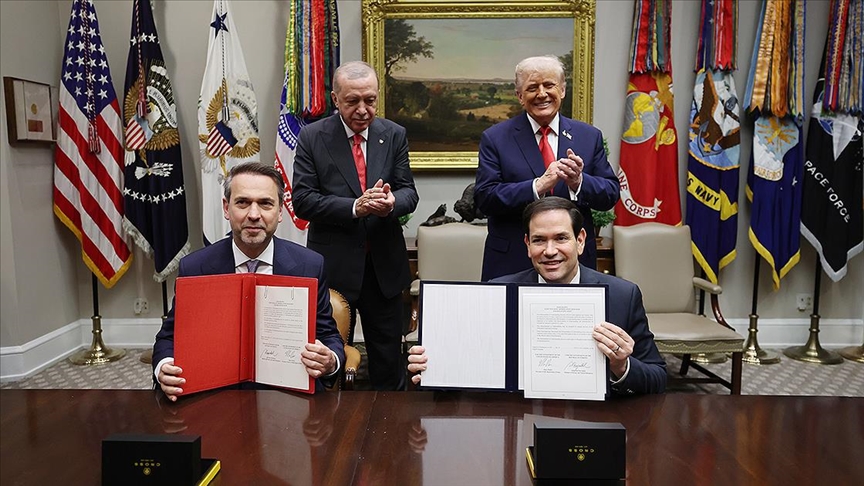
In New York Bayraktar witnessed the signing of a 20-year LNG supply agreement between Turkey’s state-owned pipeline company BOTAŞ and Mercuria, one of the world’s leading independent energy and commodity groups, headquartered in Geneva. Under the deal BOTAŞ will import about 4 billion cubic meters of natural gas-equivalent LNG annually starting in 2026. Deliveries will come from US loading ports as well as regasification terminals in Turkey, Europe and North Africa, with the total supply volume expected to reach about 70 billion cubic meters over two decades.
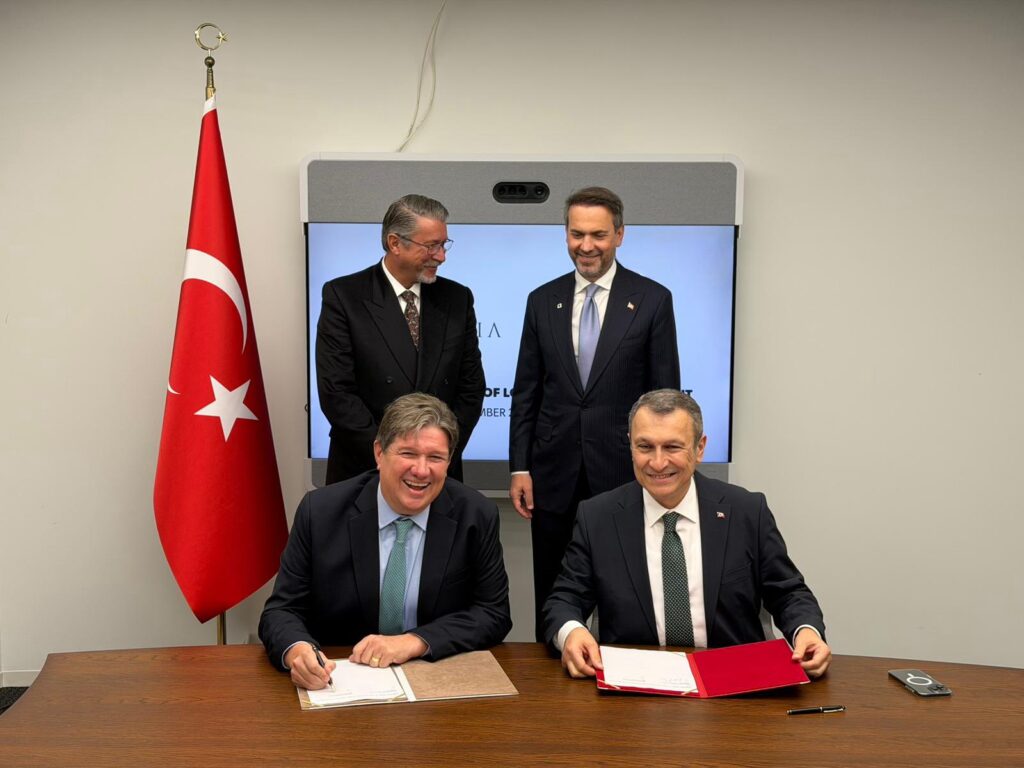
Bayraktar said the agreement was a milestone for Turkey’s energy security and would support Ankara’s strategy to become a major LNG trader. “We firmly believe that a partnership with Mercuria under such an agreement will enable BOTAŞ to play a significant role in the global LNG market,” he said. He added that the deal marked another important step in natural gas trade, a topic that would be raised during Turkish President Recep Tayyip Erdogan’s meeting with US President Donald Trump at the White House on Thursday.
During a meeting in the Oval Office on September 25, President Trump suggested that the best action Erdogan could take would be to avoid buying oil and gas from Russia.
At the United Nations General Assembly Trump also criticized European countries for relying heavily on Russian oil and natural gas. He said the dependence undermined NATO solidarity and pressed allies to diversify their supplies. Trump’s remarks were widely seen as a push to encourage European partners to turn to American companies for liquefied natural gas
In a separate development BOTAŞ also signed a long-term agreement with Australian company Woodside Energy. The deal foresees deliveries of about 5.8 billion cubic meters of LNG equivalent over nine years starting in 2030, primarily from the Louisiana LNG project. Bayraktar, who also attended that signing, said the partnership would open the door to broader cooperation in the region.
American LNG exports have surged in recent years, propelled by shale gas production and new export terminals. Turkey, located at the crossroads of Europe and the Middle East, has positioned itself as both a major consumer and a potential transit hub for LNG and pipeline gas. For Washington deeper energy ties with Ankara could provide a strategic counterbalance to Russia’s influence in the region.
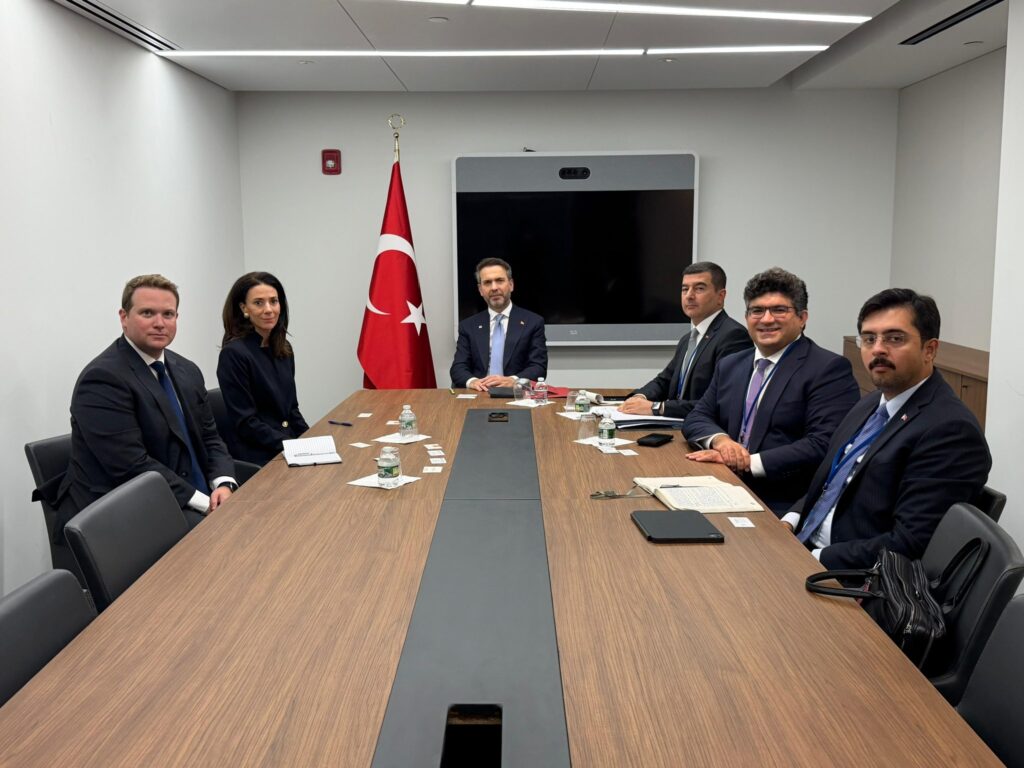
The Turkish government has long defended its partnerships with Moscow in the energy field. Russia’s state-owned Rosatom is currently building Turkey’s first nuclear power plant in Akkuyu on the Mediterranean coast, a $20 billion project expected to come online in stages by 2026. Rosatom has also expressed interest in constructing a second nuclear plant in Sinop on the Black Sea. These projects, while expanding Turkey’s energy base, have reinforced concerns about overdependence on Russian technology and financing.
Critics argue that Ankara’s reliance on Russia and Iran for energy imports has been a strategic mistake. Both countries have faced international sanctions and political instability, leaving Turkey exposed to disruptions. Turkish opposition politicians have frequently accused Erdogan’s government of using energy policy as a tool of short-term political calculation rather than long-term security planning.
Meanwhile, Ankara has promoted the discovery of natural gas fields in the Black Sea as a breakthrough that would make Turkey more self-sufficient. In 2020 officials announced a major find estimated at 405 billion cubic meters. Erdogan hailed the discovery as historic, predicting that it would drastically reduce Turkey’s import bill. However, the government has exaggerated the short-term benefits. Production has been slower than anticipated, infrastructure costs remain high and the field is unlikely to significantly change Turkey’s dependence on imports before the 2030s.
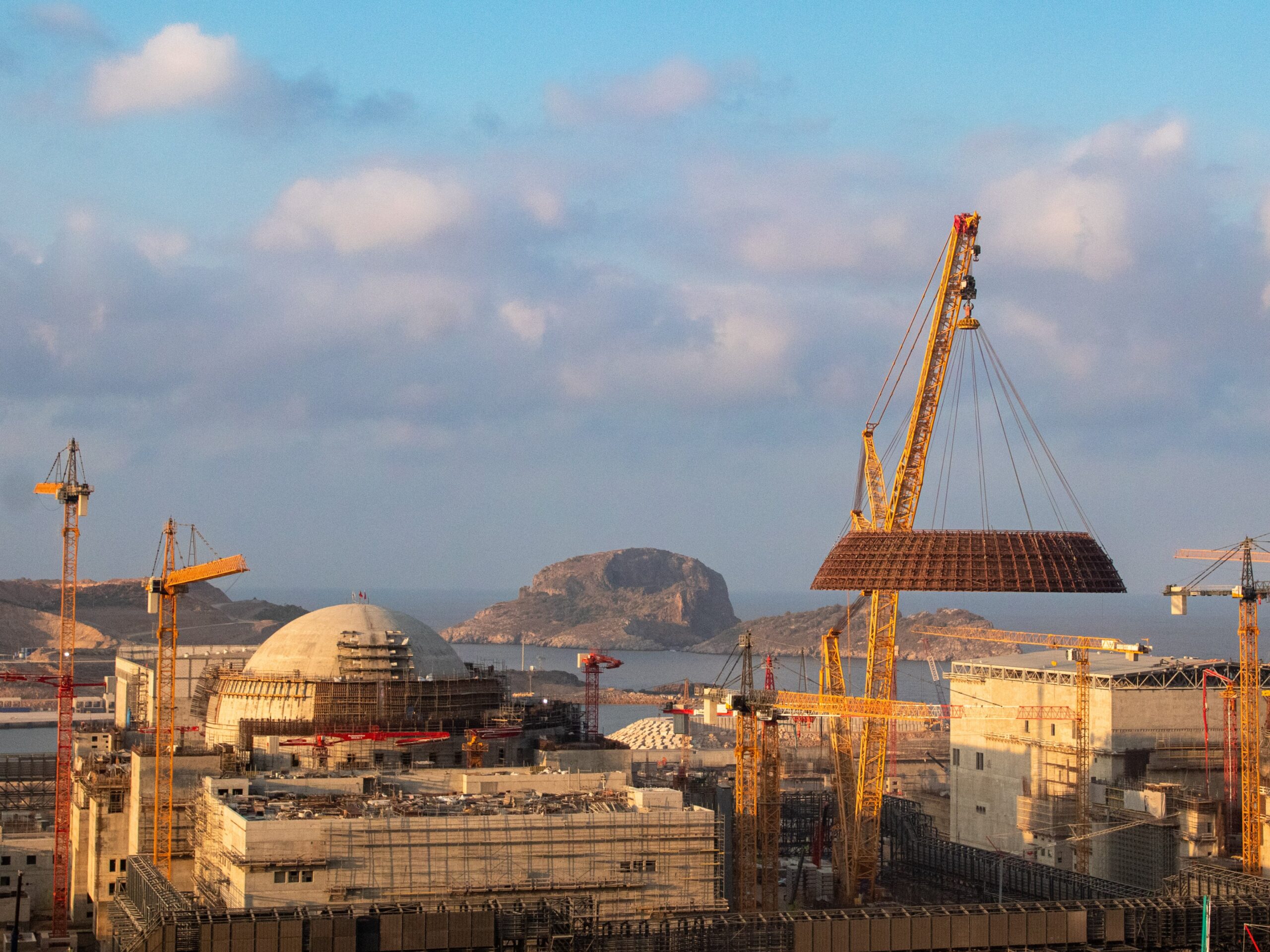
The announcements in New York also included discussions between Bayraktar and US-based Westinghouse Electric Company about potential cooperation on nuclear energy. Talks covered both conventional reactors and small modular reactor technology, signaling Ankara’s interest in balancing Russian involvement in its nuclear sector with American partnerships.
For now the LNG agreements with Mercuria and Woodside stand out as concrete steps to reorient Turkey’s energy strategy. They provide long-term supply commitments from a non-Russian source, spread over multiple regions and terminals, which Turkish officials say will bolster price stability and supply security.
Bayraktar emphasized that the deals also reflect Turkey’s goal of becoming more active in the international LNG trade. He noted that they would increase BOTAŞ’s footprint in global markets, giving Ankara greater flexibility to meet demand during peak winter months and potentially resell surplus cargoes to European neighbors.

